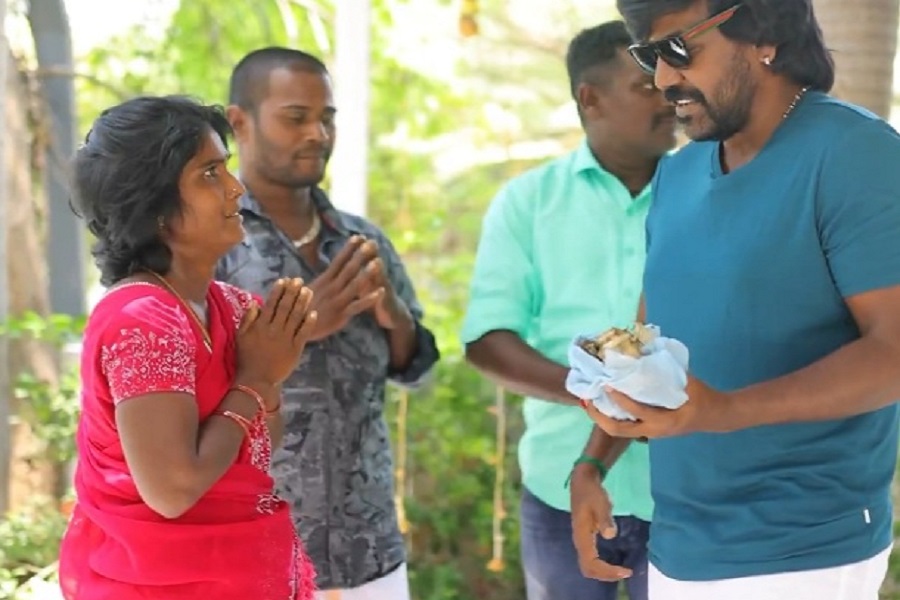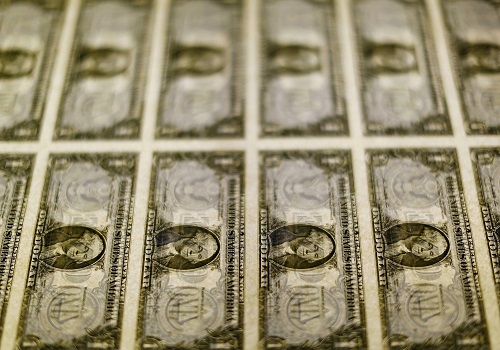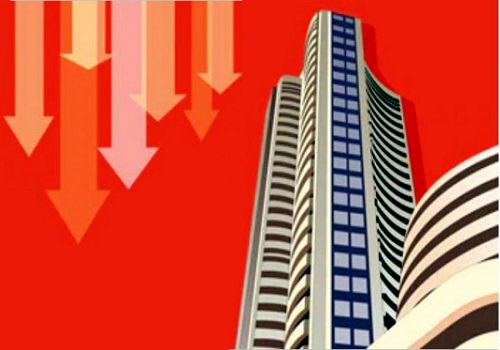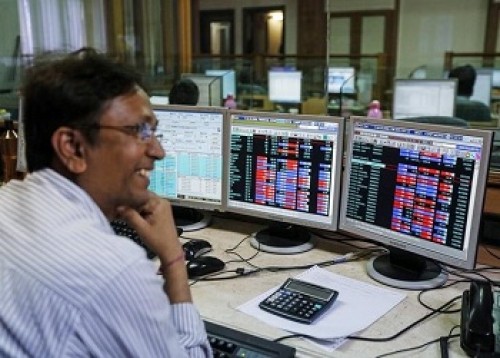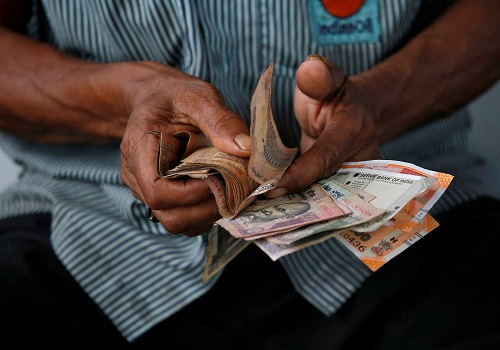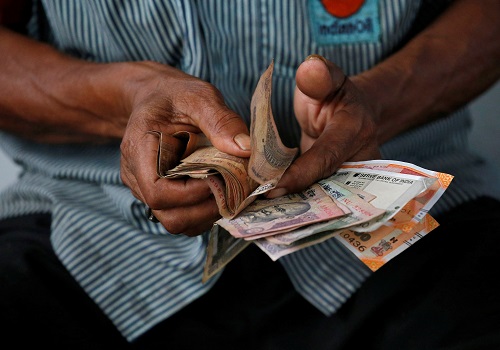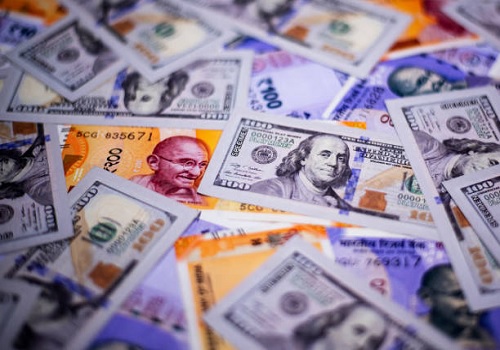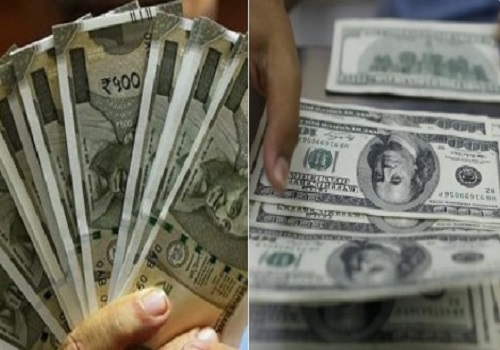India rupee snaps 5-week fall; bond yields rise ahead of inflation data
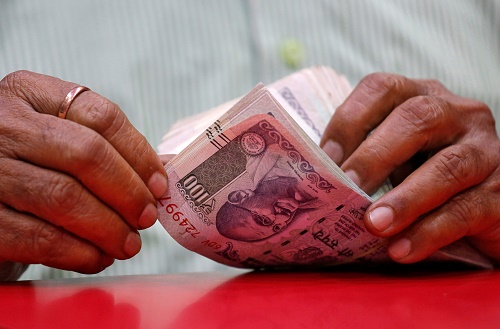
MUMBAI - The Indian rupee snapped a five-week fall on back of dollar inflows towards initial public offerings while the benchmark 10-year bond yield posted its biggest weekly rise in five months on back of rising worries over inflation.
The partially convertible rupee closed at 74.6375/6475 per dollar compared to its close of 74.7050. On the week, the unit gained around 0.14%, its first weekly rise in six weeks.
Traders said inflows for initial public offerings of GR Infra Projects and Clean Science and Technology which closed for subscription on Friday, helped the rupee. Most are now keenly awaiting online food delivery company Zomato's $1.3 billion IPO.
"For next week, the FX market focus will be on Zomato IPO and US CPI data along with fears over the global spread of delta variant," said Rahul Gupta, head of currency research at Emkay Global Financial Services.
Gupta said the USD/INR pair will face resistance around the 74.95/75.00 levels and only a break of the 75 mark will push the pair towards 75.25. A strong support exists for the pair at 74.25 and then at 74, he added.
India's benchmark 10-year bond yield ended at 6.19% compared to its previous close of 6.12%. On the week, the yield rose 12 basis points, its highest rise since mid-February.
The most-traded 6.64% 2035 bond ended at 6.76%, up 3 bps on the day. The central bank sold a new 10-year paper at a higher-than-expected yield of 6.10%.
Darren Aw, Asia economist at Capital Economics wrote in a note that the rise in yields and swap rates point to growing expectations of monetary tightening possibly due to the global crude oil rally which has fuelled expectations of a rise in domestic inflation.
Retail inflation, due to be released on Monday, probably accelerated to a seven-month high in June on rising food and fuel prices, staying above the Reserve Bank of India's comfort zone for a second straight month, a Reuters poll showed.
"Even if inflation remained elevated for a while longer, we doubt the RBI would be in any rush to tighten. Our forecast is for policy normalisation to begin only in the second half of next year," Aw wrote.
